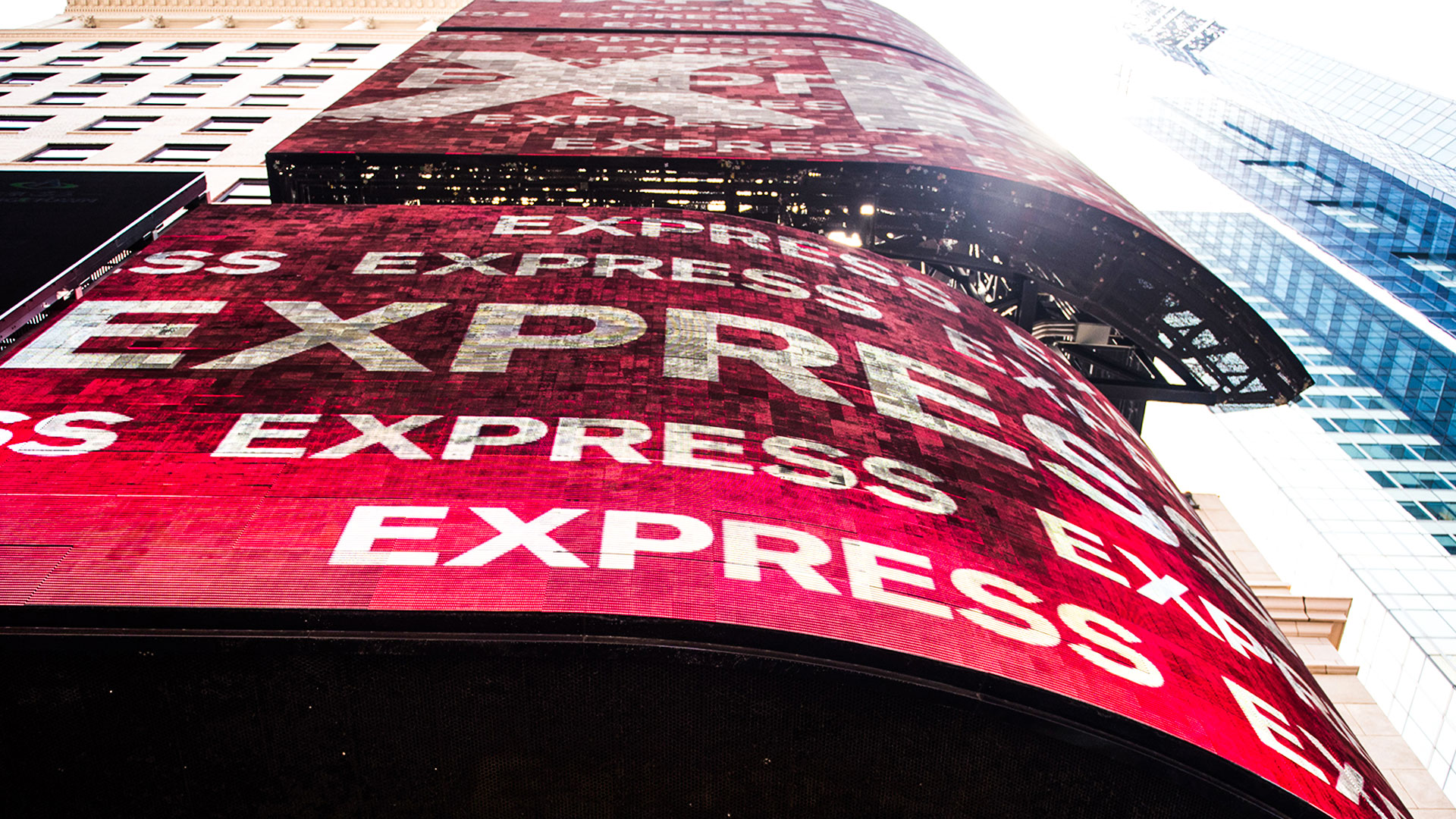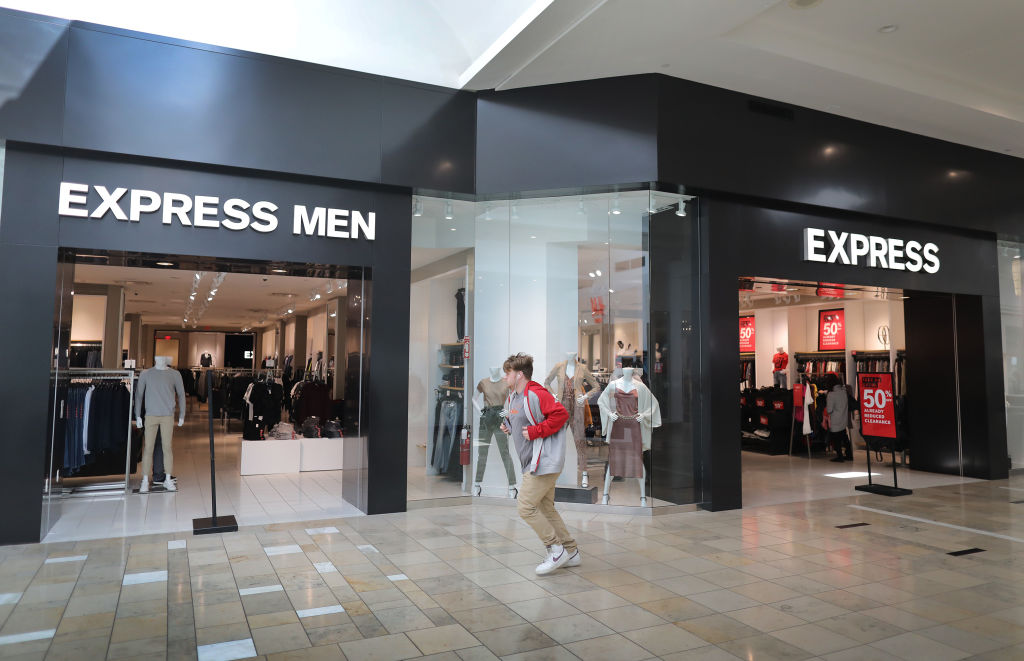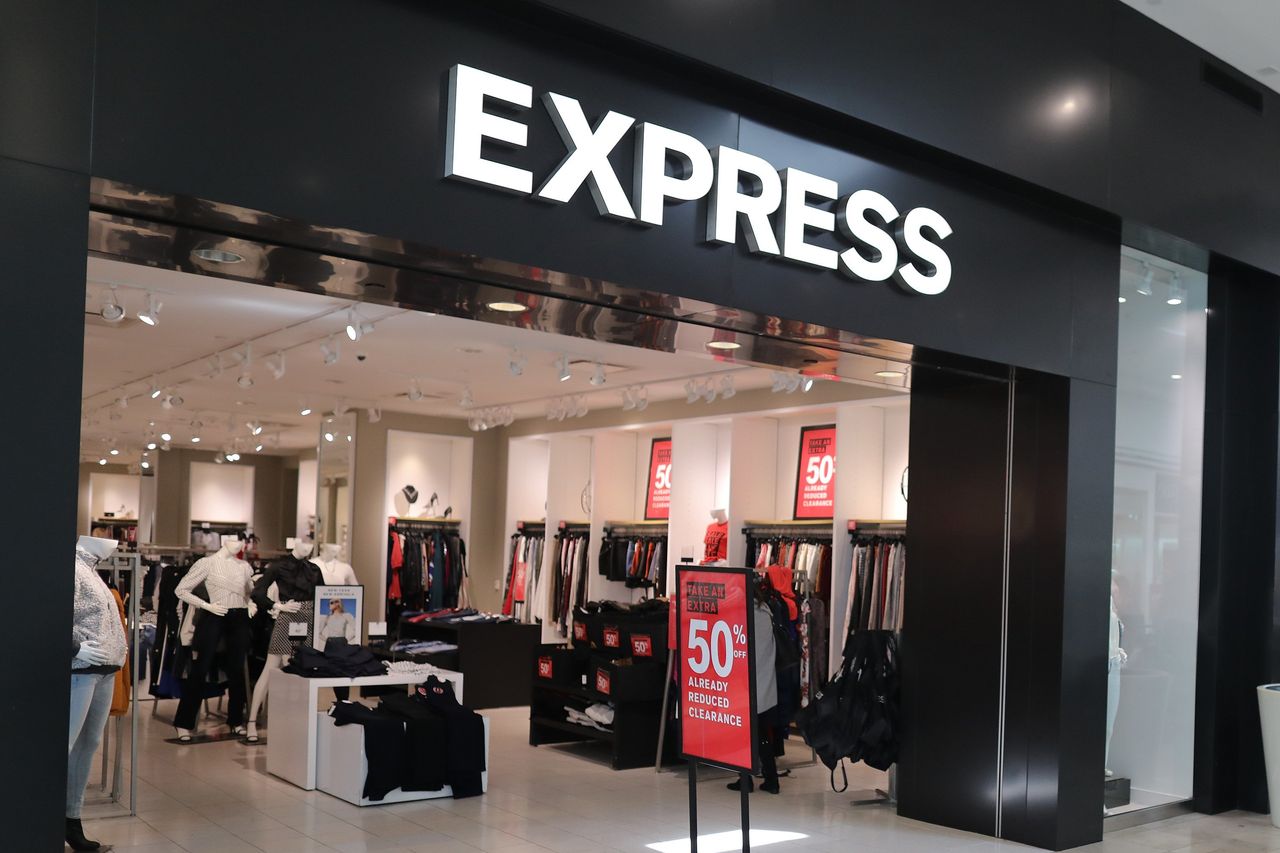Express, a longtime staple in malls, has filed for Chapter 11 bankruptcy protection in Delaware federal court on Monday. However, a consortium led by brand management firm WHP Global aims to rescue the company through acquisition.
Express plans to close 95 of its namesake stores and all UpWest locations. The company’s total store count stood at 553 as of last January, although the exact number of UpWest stores is unclear, with 10 locations listed on the brand’s website.
Closing sales are set to commence Tuesday, but remaining stores will maintain regular hours, continuing to accept orders and returns.
In a statement, Express revealed that it initiated bankeruptcy proceedings to facilitate the sale of most retail stores and operations to the investor group, comprising WHP, Simon Property Group, and Brookfield Properties.

The company received a nonbinding letter of intent from the investors and secured $35 million in new financing from existing lenders, pending court approval.
Express also obtained $49 million from the IRS under the CARES Act, providing crucial liquidity to bolster its balance sheet. CEO Stewart Glendinning highlighted the company’s ongoing efforts to enhance product assortments, drive demand, engage customers, and fortify operations.
Established in 1980 under Les Wexner’s Limited Brands, Express has faced declining sales in recent years, exacerbated by debt and expensive mall leases. Court documents indicate $1.3 billion in total assets and $1.2 billion in total debts as of March 2.
Express’s financial struggles were evident earlier this month when reports surfaced that the company was grappling with delayed vendor payments, underscoring its financial distress and cash flow management challenges.

Last spring, Express acquired Bonobos’ operating assets from Walmart for $25 million in a joint venture with WHP. Despite this, Express has grappled with declining revenue, down approximately 10% since 2019, amid a sector that witnessed robust growth.
Neil Saunders, GlobalData’s managing director, attributes Express’s bankruptcy to its failure to adapt to shifting market trends, particularly the rise of remote work and casual fashion.
Bankruptcy offers Express crucial relief, enabling it to exit burdensome leases and enhancing its appeal to potential buyers.
Kirkland & Ellis, renowned for guiding retailers through bankruptcies, serves as Express’s legal counsel, with Moelis & Co. as its investment banker and M3 Partners as its financial advisor.







Leave a Reply